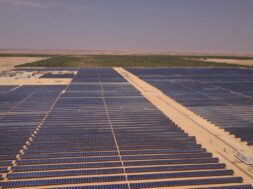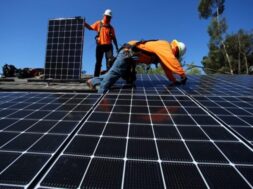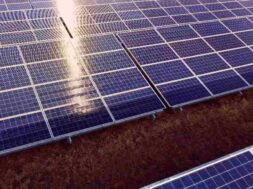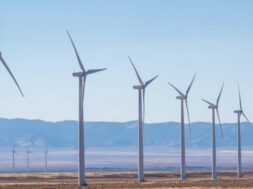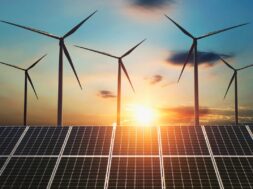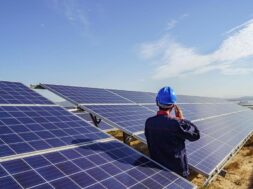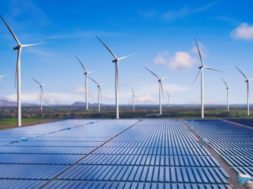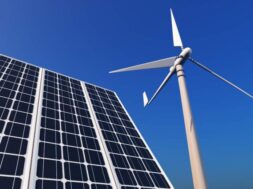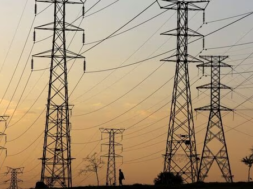
Jordan ranks first in the Arab world in installed capacity for renewable energy sources – EQ Mag
By 2022, renewable energy will account for 27% of all electrical energy produced in Jordan, with the country generating about 6.2 Terawatt Hours of electricity from renewable energy projects
Jordan has made significant strides in the use of renewable energy sources, with the country ranking number one in the Arab World for installed capacity at 27% of the total amount of electrical energy produced in the kingdom.
This figure is up from just 1% in 2014, showcasing the quantum jump made in the renewable energy sector.
By 2022, renewable energy will account for 27% of all electrical energy produced in Jordan, with the country generating about 6.2 Terawatt Hours of electricity from renewable energy projects.
Jordan aims to produce 50% of its electrical energy from renewable sources by 2030 and become a regional hub for green energy production.
To achieve this, Jordan is implementing an electrical interconnection project between the Middle East, North Africa and Europe, with the aim of providing green energy to Europe.
The Jordanian Ministry of Energy has led a series of meetings to support the project, with Jordan assuring countries of low-cost energy from renewable sources and green hydrogen supply to the northern Mediterranean.
The integration between associated countries would also help reduce carbon emissions, which would benefit the environment by reducing the impact of greenhouse gases on climate change.
Jordan is preparing for the next step by transforming its national electricity grid to a smart grid and finding storage solutions to support the renewable energy sector.
To become a regional leader in green power production, Jordan has developed a national strategy that explores the possibility of working with hydrogen energy.
The government is also providing subsidies of up to 30% of the cost for electricity generation systems intended for households and giving these systems to families in need.
Additionally, the government has implemented a program that provides solar energy generation systems to 160 government schools and 600 buildings.
